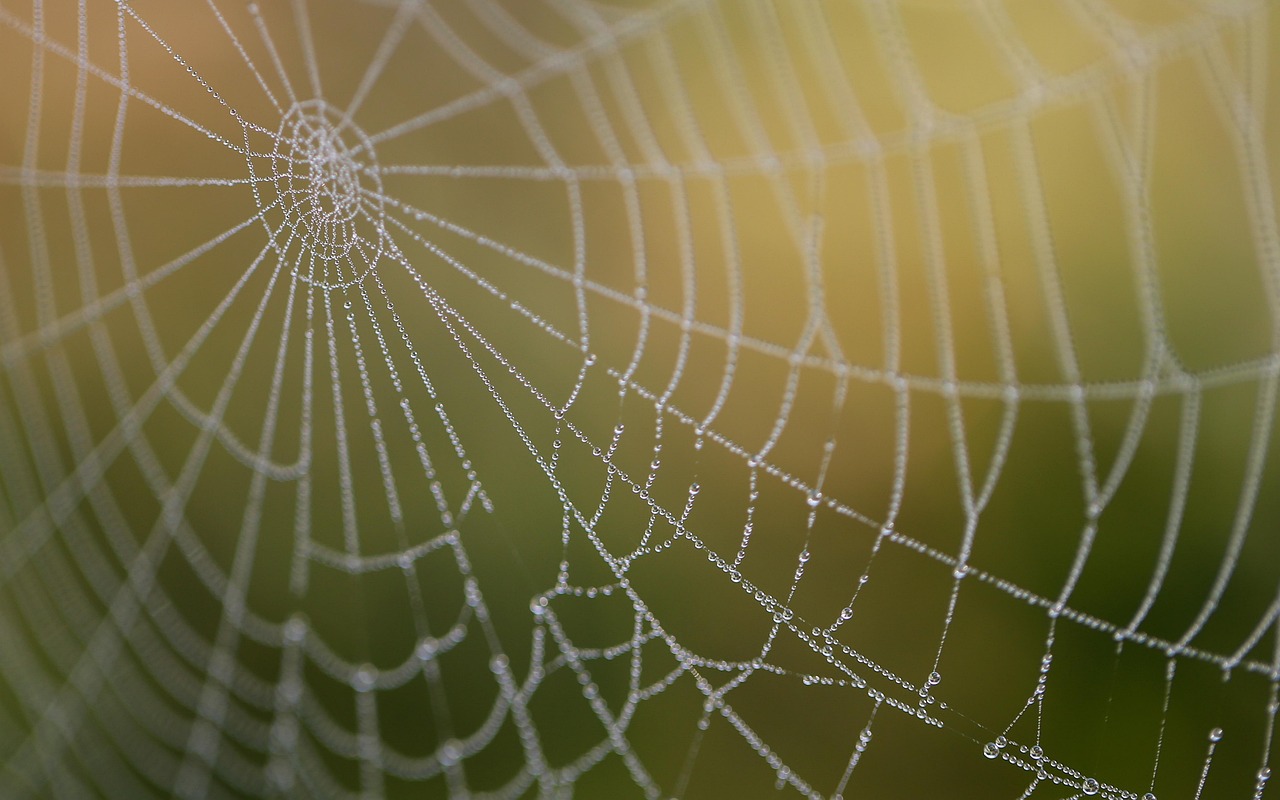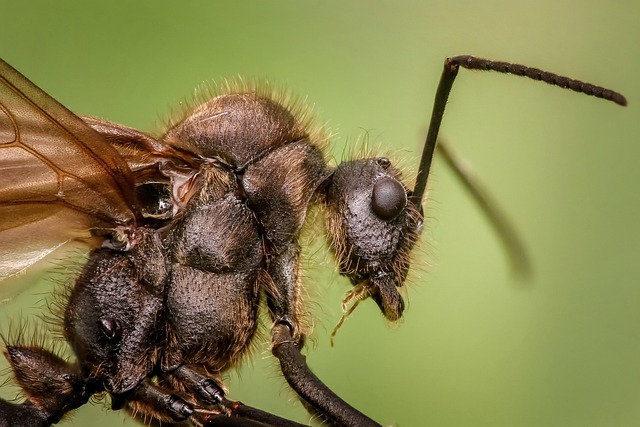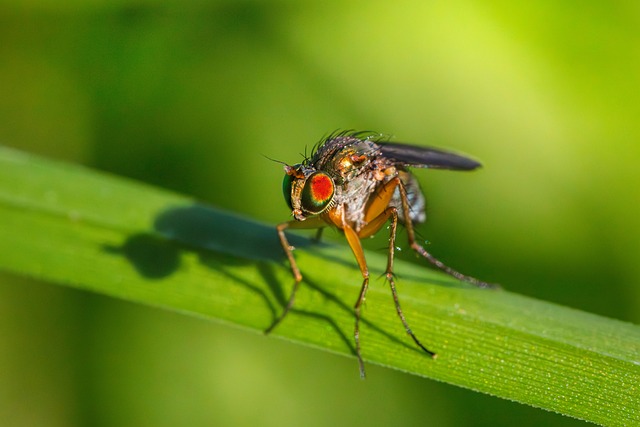Over the past few years, Hungary has witnessed the emergence of new, venomous spider species in its landscapes, alarming both everyday citizens and experts alike. Driven primarily by climate change and human-driven environmental alterations, spiders such as the Mediterranean yellow sac spider, the venomous sac spider, and the fearsome funnel-web spider are becoming increasingly prevalent, even in residential areas.
Why Are They Appearing Now?
Hungary’s traditionally cold winters and mild summers once created a natural barrier against many southern species. However, the shift towards milder winters and hotter summers has opened the door to these southern intruders. Mediterranean yellow sac spiders, for example, are now reported nationwide, thriving in gardens, sheds, and sometimes even inside homes.
Are The Bites Dangerous?
Though rarely life-threatening, bites from these spiders can cause significant pain, swelling, and discomfort. While most adults recover swiftly, young children, the elderly, and those sensitive to insect venom may experience stronger reactions, requiring medical attention.
The infamous funnel-web spider, which is now also found in suburban gardens, delivers a sting comparable to a bee, sometimes resulting in localized redness and swelling. Notably, some of these spiders—like the funnel-web—are protected species in Hungary. Killing them is prohibited by law, highlighting the delicate balance between public safety and environmental protection.
Prevention and Awareness
With these species becoming part of Hungary’s ecosystem, extra vigilance is key. Experts advise using protective gloves when gardening, checking shoes and clothing before wearing them, and keeping living spaces tidy to reduce hiding places. Prompt medical consultation is recommended if bitten, particularly in high-risk groups.
A Warning From Nature
The advance of these venomous spiders serves as a reminder: climate change and urbanization are reshaping Hungary’s natural world. These shifts demand adaptation, awareness, and a cautious, respectful approach to living alongside nature’s newcomers. (CIVILHETES)




